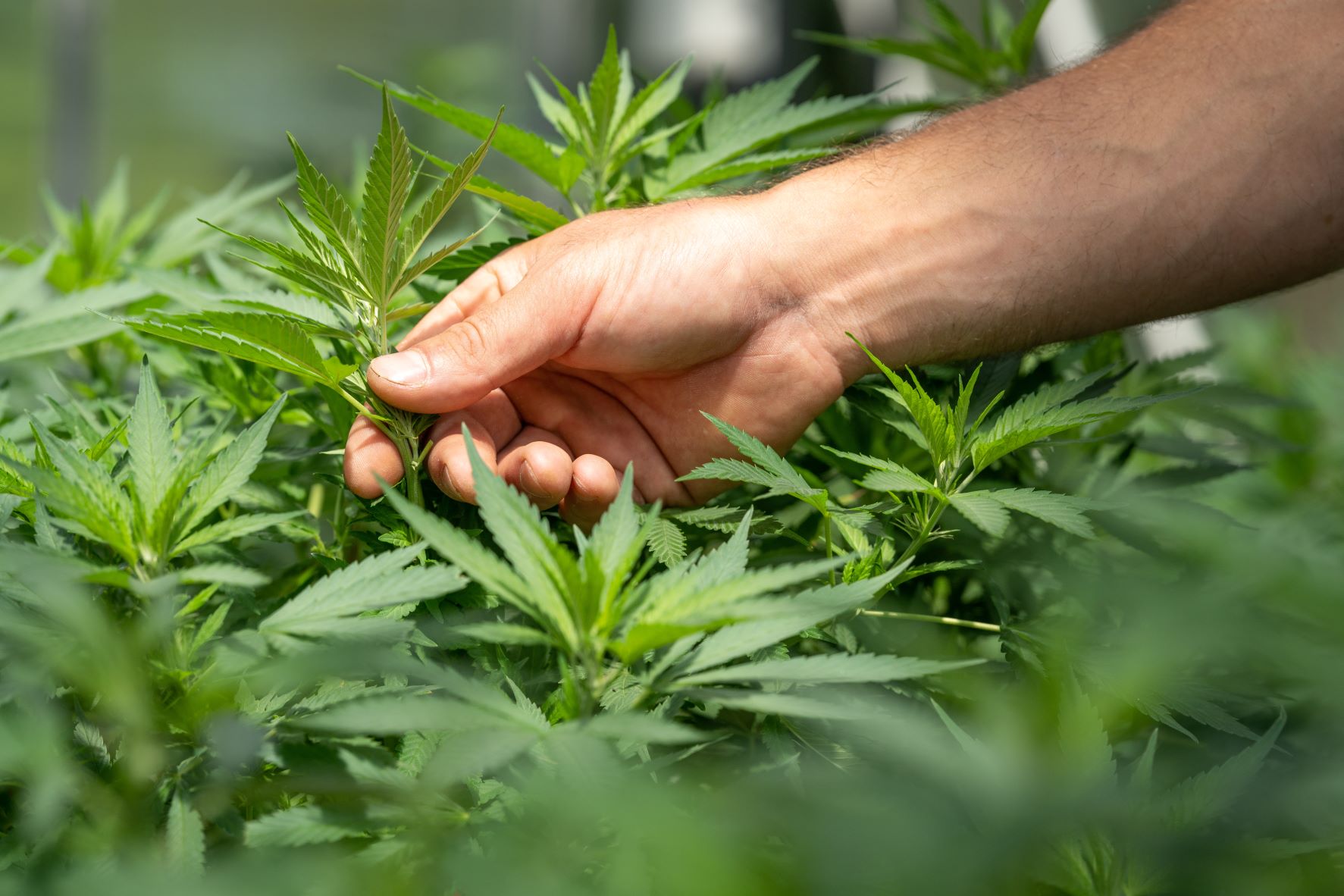Almost half a year after the presentation of the key issues paper by the federal government, the first draft law on cannabis legalisation in Germany is eagerly awaited. According to the Federal Minister of Health, Lauterbach, this should have been published by the end of March 2023, but it is still not here yet.
In this article, we inform you about the current legal hurdles that could stand in the way of legalisation and how Germany could deal with them. The main point of contention is the (commercial) dispensing of cannabis to adults in licensed specialised shops.
The legal framework for legalisation in Germany has largely been established. However, European Union Law and International Law is often seen as a possible "showstopper" for legalisation.
New expert opinions presented
In the multitude of expert opinions on the topic of legalisation in Germany, two new scientific publications with contradictory results have recently been published.
On 1 March 2023, the Bavarian Minister of Health, Klaus Holetschek (CSU), presented an expert opinion by Professor Bernhard Wegener, Chair of Public Law and European Law at the Friedrich-Alexander-Universität Erlangen-Nürnberg. The expert comes to the conclusion that the cannabis legalisation planned by the federal government contradicts International and European Union Law to a large extent. Wegener also attests to a far-reaching violation of the relevant UN Convention on Narcotic Drugs. The UN Convention only allows the use of cannabis for scientific and medical purposes in a narrow sense.
An expert study by the University of Nijmegen (Netherlands), on the other hand, considers the federal government's plans legally possible. Professor Masha Fedorova and her colleague Professor Piet Hein van Kempen published their expert opinion in the March issue of the European Journal of Crime, Criminal Law and Criminal Justice. As a result, the introduction of a state-controlled, national licensing system for the distribution of cannabis as a stimulant is considered permissible under strict conditions under European and International Law. The Dutch opinion states that legalisation is justified if Germany is "sincerely convinced and convincingly argues that it can implement individual and public health, public safety and/or the prevention of violent crime more effectively through this [licensing] system than [it] can achieve through the prohibitive approach to cannabis for stimulant purposes".
Reaction of the Federal Ministry of Health
The Federal Ministry of Health was also unimpressed by the new CSU report, stating that it "apparently does not provide any new insights. The federal government had already pointed out the narrow risks under International and European Law in its key issues paper last autumn." The goal of legalising cannabis is still "to improve youth and health protection for consumers and to curb the black market. We are also continuing to be in contact with the EU Commission on this and will present solutions that is conform with European Law."
These solutions are eagerly awaited, as there are some regulations at the level of European and International Law that could stand in the way of legalisation and licensed dispensing. At a glance, these are:
- The Schengen Convention (SC)
This agreement facilitates the cross-border movement of persons and goods within the EU Internal Market by abolishing border controls. The SC contains provisions on narcotics in Article 70 et seq. For example, Article 71 para. 1 SC only obliges the member states to prevent illicit trafficking in narcotics. In para. 2, however, they are obliged to prevent the illicit export, sale, procurement and distribution by administrative and criminal means.
- EU Framework Decision 2004/757/JI (Criminal Law)
In Article 2 para. 1a and 1b, minimum requirements are laid down for all EU Member States for the criminalisation of "offering, offering for sale, distributing, selling, supplying - under whatever conditions - [...] and procuring [...] drugs" and "cultivating [...] the cannabis plant". Here, however, the restriction "without corresponding authorisation" applies.
- International Law
In addition to concerns at European level, there are also hurdles to legalisation in several places in International Law. The regulations under International Law consist of three conventions: the UN Single Convention on Narcotic Drugs, which also includes cannabis, the UN Convention on Psychotropic Substances of 1971 and the UN Convention against Illicit Traffic in Narcotic Drugs and Psychotropic Substances of 1988. Since at least the last one has been joined not only by Germany itself, but also by the EU, some legal creativity is required to find a legally tenable solution. However, the expert opinion from Nijmegen, among others, cites a broad interpretation as a viable potential course of action. The way already discussed as a solution for Germany to withdraw from the international agreements and to re-enter directly under a reservation of cannabis legalisation is not expedient, at least for the 1988 Convention. In addition to Germany, the EU itself has also signed this agreement, so that Germany remains bound as an EU Member State even if it withdraws from the agreement.
The federal government has to overcome these supranational hurdles, in close coordination with the EU and with a broad interpretation of the regulations and the goals they pursue.
The federal government's approach aims to use legalisation to protect young people and health and to combat the black market more effectively than previous prohibitionist approaches have been able to do.
In addition to the legal hurdles mentioned, medical, criminological and sociological aspects have to be weighed in the context of the legislation. It therefore remains exciting to see whether and how the federal government will present suitable legal framework conditions for the legalisation of cannabis in its forthcoming bill, and whether these will stand up to international regulations.




